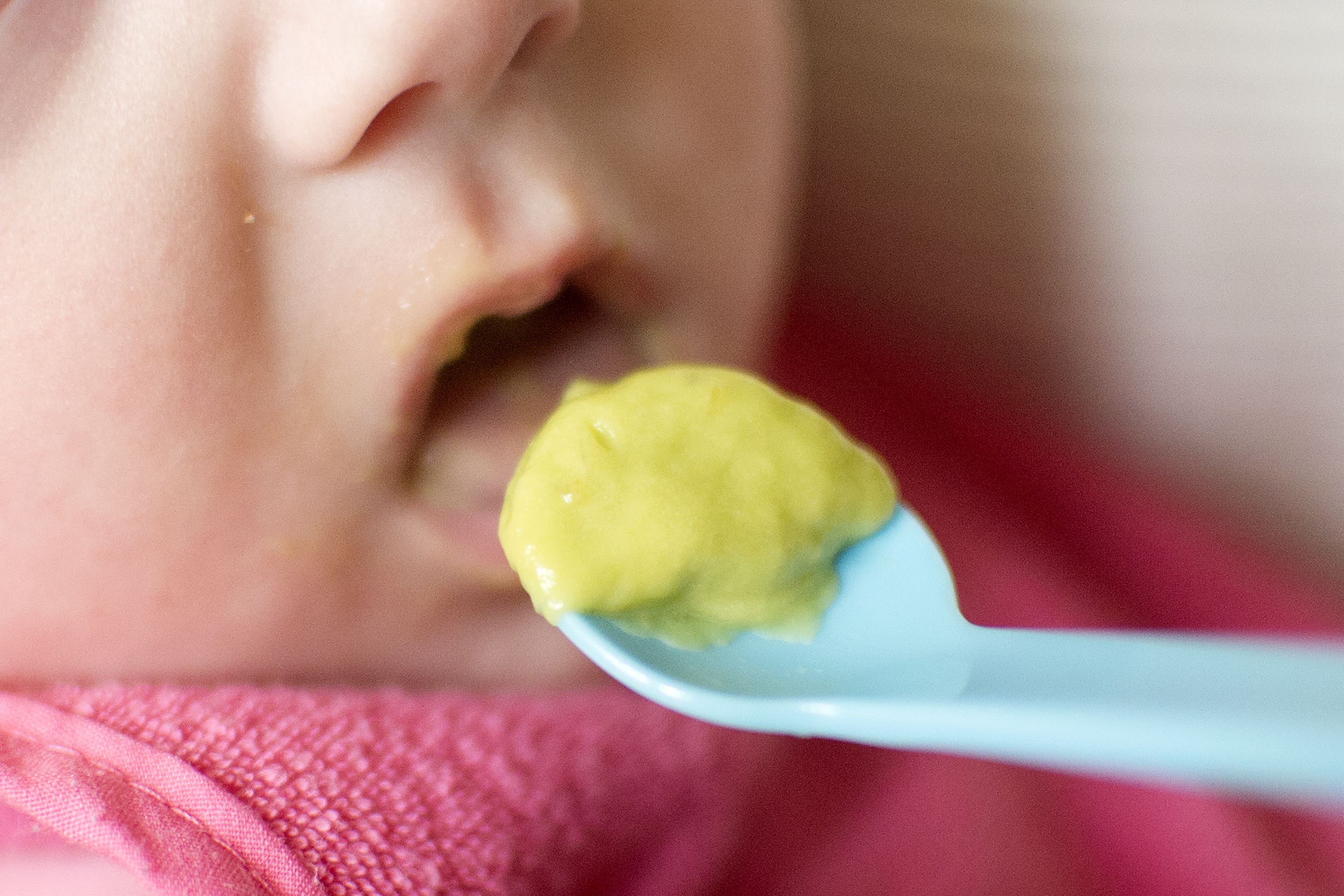High quality diet as a baby ‘could lower risk of bowel disorders in later life’
Academics called for more research into diet in early life and the prevention of inflammatory bowel disease.

Your support helps us to tell the story
From reproductive rights to climate change to Big Tech, The Independent is on the ground when the story is developing. Whether it's investigating the financials of Elon Musk's pro-Trump PAC or producing our latest documentary, 'The A Word', which shines a light on the American women fighting for reproductive rights, we know how important it is to parse out the facts from the messaging.
At such a critical moment in US history, we need reporters on the ground. Your donation allows us to keep sending journalists to speak to both sides of the story.
The Independent is trusted by Americans across the entire political spectrum. And unlike many other quality news outlets, we choose not to lock Americans out of our reporting and analysis with paywalls. We believe quality journalism should be available to everyone, paid for by those who can afford it.
Your support makes all the difference.Feeding babies a diet rich in fish and vegetables, and avoiding too many sugary drinks, could cut the risk of developing bowel disorders in later life by a quarter, according to a study.
Academics said the link supports the need for further research into diet in early life and the prevention of inflammatory bowel disease (IBD), which comprises Crohn’s disease and ulcerative colitis.
Researchers looked at data from two major cohort studies – All Babies in Southeast Sweden (ABIS) and The Norwegian Mother, Father and Child Cohort Study (MoBa) – which were conducted between 1997 and 1999 and 1999 and 2008 respectively.
Their analysis included dietary information for 81,280 one year olds from ABIS and 70,267 from MoBa.
Using a version of the Healthy Eating Index (HEI) scoring system which was modified for children, the team determined diet quality by measuring the intake of fruit, vegetables, meat, fish, dairy, sweets, snacks and drinks.
In the ABIS study, children’s health was followed up for 21 years, with a follow-up period of 15 years in the MoBa study.
Researchers found 307 children were diagnosed with IBD during the period.
The majority had Crohn’s disease (131), while 97 had ulcerative colitis. Some 79 children were recorded as having unclassified IBD.
Diets with a medium and high HEI score were associated with an overall 25% lower risk of IBD than those with a low quality diet at the age of one.
While non-causal explanations for our results cannot be ruled out, these novel findings are consistent with the hypothesis that early-life diet, possibly mediated through changes in the gut microbiome, may affect the risk of developing IBD
According to the charity Crohn’s & Colitis UK, IBD effects about one in every 123 people in the UK.
Symptoms of the conditions include tummy pains and diarrhoea, as well as tiredness and weight loss.
Fish intake in particular lowered the risk of ulcerative colitis by 54%, according to the study, while consuming a lot of sugar-sweetened drinks was linked to a 42% higher risk of IBD.
The average age of diagnosis in the ABIS study was 17 and the average on the MoBa study was 12.
Researchers said their “novel findings”, published in medical journal Gut, suggest diet in early life “is important for later IBD development and support further research in this field to understand the role of diet in the prevention of IBD”.
They added: “While non-causal explanations for our results cannot be ruled out, these novel findings are consistent with the hypothesis that early-life diet, possibly mediated through changes in the gut microbiome, may affect the risk of developing IBD.”